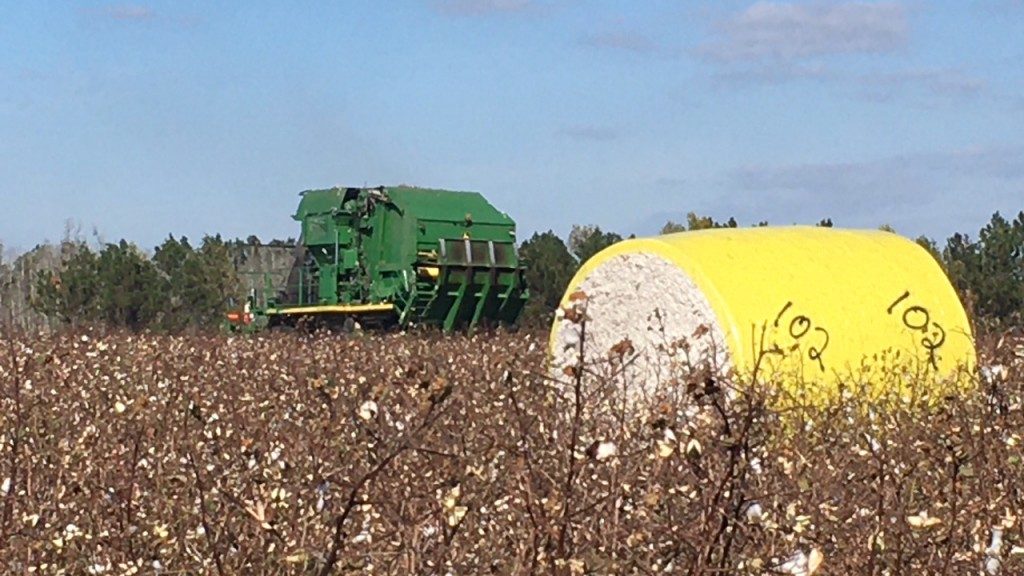Beef Cattle
-
I have received a call or two about army worms in winter annual grazing from cattlemen in Colquitt County. Fall army worm, beet army worm, yellow-striped army worm, and cutworm infestations usually occur in the fall on seedling plants. What is the economic threshold for this pest in winter grazing? According to the 2021 UGA…
-
Dr. Nancy Hinkle, UGA Entomologist, has provided information about a webinar educating people about the Asian Longhorn tick. This insect was discovered in Georgia last month for the first time. This webinar will go over the biology of this pest as well as its current status in Georgia. This event will take place on Thursday,…
-
This is the third presentation in a new “spotlight” series to supplement our annual #georgiaforages #grassmasters training. This presentation covers grazing crop residues, managing stockpile, and winter annual #forage options. If you have any questions please contact your local county Extension agent.
-
GeneralQuality of bermudagrass and bahia declines rapidly from now to frost. Growers need to watch body condition of their cattle because supplemental feed may be needed.Stockpiling foragesStockpiling bermudagrass • Finish planting winter grazing in prepared seed beds and begin over seeding winter annuals into pastures.Time to Start Thinking About Overseeding Your PasturesTips on Overseeding Pastures…
Posted in: Beef Cattle -
Below is a press release from GDA about the Asian Longhorned Tick. The Georgia Department of Agriculture (GDA) Animal Health Division has confirmed the presence of the Haemaphysalis longicornis tick (otherwise known as the Asian Longhorned tick) affecting a cow in Pickens County, GA. This is the first case of the invasive tick identified in…
-
Baled silage, or “baleage,” is an excellent way for livestock producers to harvest, storage, and feed forage. Feeding baleage is much different than feeding hay due to the higher moisture content. This higher moisture content makes it much more susceptible to deterioration. Let’s discuss some ways to decrease waste during the feeding of your baleage.…
-
-
•Growers need to keep in mind about the quality of bermudagrass and bahia. The forage quality declines rapidly from now to frost. Keep an eye on heifers and supplement as needed. • Take stock of your hay supply so additional cuttings or purchases can be made. (Send samples in for analysis.) • Keep a close…
-
Current Situation: Happy Memorial Day! The majority of the cotton and peanut crop is planted. Corn is reaching critical moisture requirements as the crop is approaching tassel and pollination. Peanut growers are asking about cracking spray options. Cotton growers are starting to apply weed control and thrips pressure has been high in some area fields.…
Posted in: Beef Cattle, Corn, Cotton, Entolomogy, Hay & Forages, Irrigation, Peanuts, Weed Managment, Weed Resistance -
Below are various questions I received this week. They include forage moisture, weed control in corn and cotton, and Aspergillus crown rot. Also during the last couple of weeks we planted a few on farm corn demonstrations. What should my forage moisture be for baled silage? Considering all factors, the optimum whole-plant moisture for baled…
